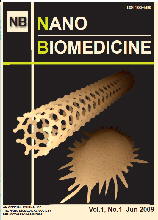Synopsis
Recent developments in regenerative medicine include the ability to transplant induced pluripotent stem (iPS) cells cultured in vitro into human patients. These iPS cells require scaffolds that are safe to use in humans and allow cell differentiation for 30 days. Collagen derived from fish, which is evolutionally distant from humans, is considered safe to use in humans. In the present study, we investigated the use of collagen extracted from the scales of tilapia, which inhabits tropical and subtropical regions, as a scaffold to enable long-term cell culture at 37°C. To establish the model of iPS cell culture, we used murine embryonic stem (ES) cells that require feeder cells, specifically EL M3 and ES-R1-EGFP B2/EGFP cells. We investigated whether differentiation of these cells could be maintained for 30 days.
Our results demonstrated that cell differentiation could be maintained in less than half of the two ES cell types. Differentiation was less efficient in ES-R1-EGFP B2/EGFP cells compared with EL M3 cells. Further investigations may include culturing for over 30 days or increasing the incubation temperature to determine the effects of thermal denaturation of collagen on cell differentiation.
Key words: long-term culture, 3D culture, tilapia scales, EL M3 cells, ES-R1-EGFP B2/EGFP cells
